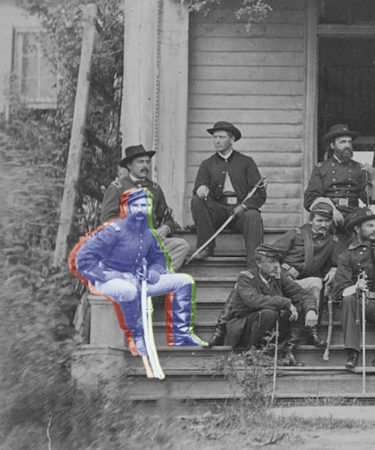In September 2012, the White House published a presidential first: a recipe for White House beer. White House Honey Brown Ale, and later White House Honey Porter and White House Honey Blonde, were the first beers ever brewed on site, courtesy of Sam Kass, White House assistant chef, and President Barack Obama.
Obama may have been the first president to decree a White House homebrew, but he wasn’t the first to recognize beer’s importance to the United States. That happened nearly 200 years earlier, in 1815, when a man named Joseph Coppinger wrote a letter to Thomas Jefferson begging him to create a brewery to unite the nation.
An English-born brewer who emigrated to New York in 1812, Coppinger wrote Jefferson espousing the importance of a national brewery. He believed it to be in “the best interests of this [c]ountry,” according to a transcription published by the National Historical Publications and Records Commission (NHPRC), “for the purpose of improving, encouraging, and extending the brewing trade of America.”
Jefferson had made his own wine at Monticello; and before him, George Washington brewed and distilled at Mount Vernon. But no head of state had ever brewed beer in Washington, D.C.
Our hero enclosed a plan for the brewing company, along with a treatise he had written on brewing and malting, “The American Practical Brewer and Tanner” (New York, 1815).
In his preface, Coppinger wrote about how a national brewery would benefit tax revenue, and spoke of the “immense fortunes” brewers were making in England, Ireland, and Scotland, as well as beer’s benefits to health. He also heralded modern beer geeks’ favorite herb, hops, saying American farmers “can raise no crop that will pay better than hops.”
Coppinger also touted the benefits of exporting beer, specifically to nations such as the East and West Indies, South America, and “especially to Russia, where ‘good beer is in great demand,’” according to the NHPRC.
Coppinger wasn’t necessarily barking up the wrong tree. In addition to making his own wine at Monticello, in the letter he sent Coppinger in reply, Jefferson said he had also been dabbling at homebrewing for his family, under the watchful eye of of “an English brewer of the first order.” He even contacted a bookseller for a copy of Coppinger’s book. But, ultimately, he didn’t take Coppinger up on the proposition, saying he was “too old [and] too fond of quiet to engage in new distant undertakings.”
“I have no doubt, either in a moral or economical view, of the desirableness to introduce a taste for malt liquors instead of that for ardent spirits,” Jefferson wrote. However, he said, “the difficulty is in changing the public taste [and] habit.” Jefferson said the beer business had already been introduced in every state, and didn’t need federal encouragement. “I do not think it a case where a company need form itself on patriotic principles meerly [sic] because there is a sufficiency of private capital which would embark itself in the business if there were a demand,” Jefferson wrote.
Flash forward to the present, and demand has skyrocketed. We may not have that national brewery, but there are several breweries in Washington, D.C., and close to 7,000 breweries nationwide, the majority of which are independent.
Today, we raise a glass to Coppinger and his brewery dreams. Like him, we hope a steady flow of homegrown beer will help bring us all together.
